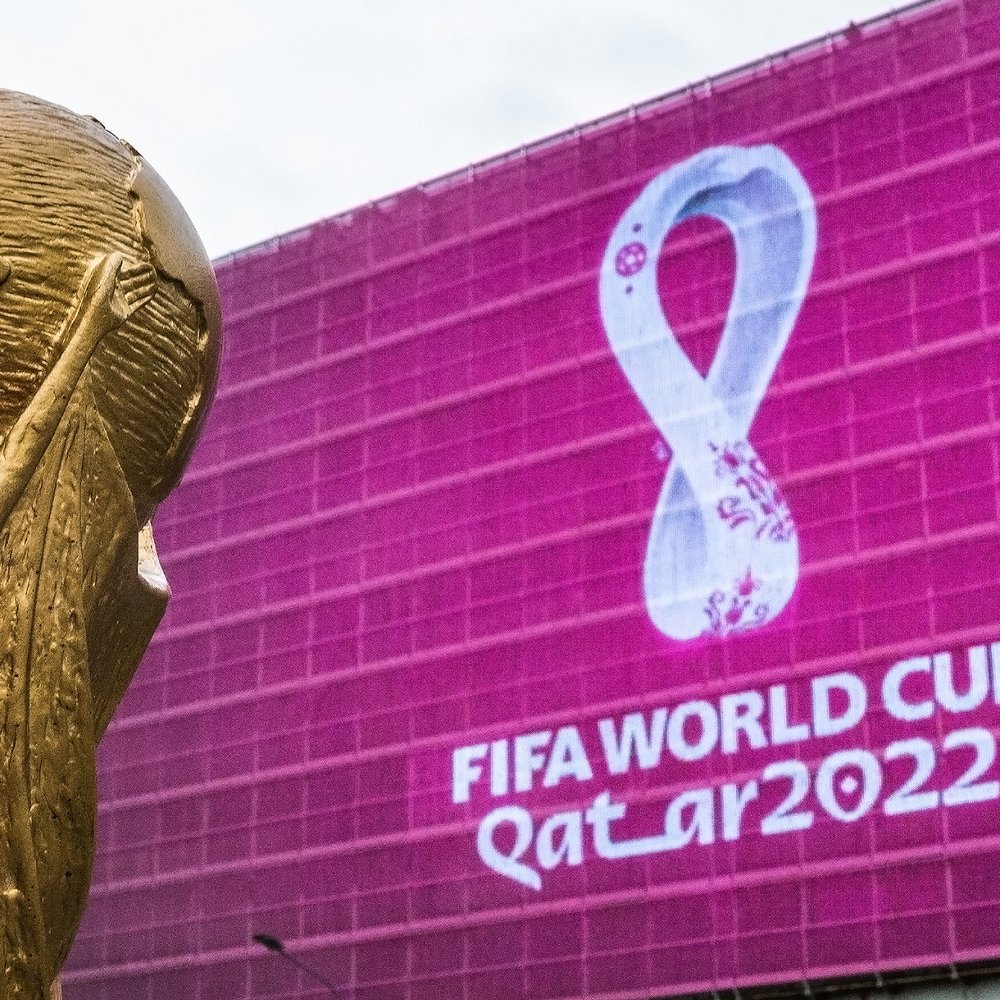Qatar 2022: Migrant security workers for Teyseer subject to labour abuse without access to remedy, Amnesty Intl. finds; incl. comments from FIFA & Teyseer

fifg, Shutterstock (purchased)
It was a tough job because there was one metro [station] in the area and too much of a crowd. I had to stand for ten to 12 hours a day… just resting my back on the barricades. At times we felt scared because it was too busy, and people were pushing.Nepali marshal employed at Souk Waqif metro
Amnesty International have found hundreds of migrant security guards and marshals employed by Qatar's Teyseer Security Services were subject to labour exploitation during the 2022 Qatar World Cup. The report emphasises how the workers are still being denied justice for the abuses they suffered, despite FIFA and Teyseer being made aware of the rights infringements that occurred.
The investigation analyses interviews with 22 Teyseer employees from Nepal, Kenya, and Ghana, working before and during the tournament itself. Amnesty Intl. also reviewed employment contrasts, job offer correspondence, and audio-visual materials, including voice recordings of communication between workers and recruitment agents.
The World Cup organisers were well aware of the issues but failed to put in place adequate measures to protect workers and prevent predictable labour abuses at World Cup sites, even after workers raised these issues directly…Steve Cockburn, Amnesty International’s Head of Economic and Social Justice.
The interviewed workers allege severe labour rights violations, including:
- All workers were made false promises by Teyseer or recruitment agents supplying the company, such as inflating pay, offering more senior roles, and promising the potential to stay beyond the three-month contract period - these promises did not materialise upon arrival.
- Over a third of workers worked unreasonably long hours, with allegations of working 12 hours per day and up to 38 consecutive days without time off. The workers did not receive pay for their overtime.
- Workers allege occupational health and safety concerns, such as standing for many hours without rest and working with large crowds without adequate training.
- Workers paid recruitment fees to secure their jobs, including some paying over a third of their total expected earnings. The majority of workers were not reimbursed by Teyseer, despiting being told by recruitment agents that this would happen.
- Workers faced intimidation for making complaints and had no access to remedy. For example, some of the workers interviewed took part in a protest demanding their dues, includng unpaid overtime. They were met with threats by Teyseer, who said unspecified "actions" would be taken unless the men left Qatar on flights arranged by the company. Further, those who reported their treatment to the World Cup Grievances Hotline received no remedy.
In response to the report, Teyseer denied the allegations, alleging it follows an “ethical recruitment process” and detailing measures taken to protect workers’ labour rights. FIFA said it would seek further clarification on the allegations, but said it had conducted due diligence on Teyseer. FIFA made no commitment to provide remedy.